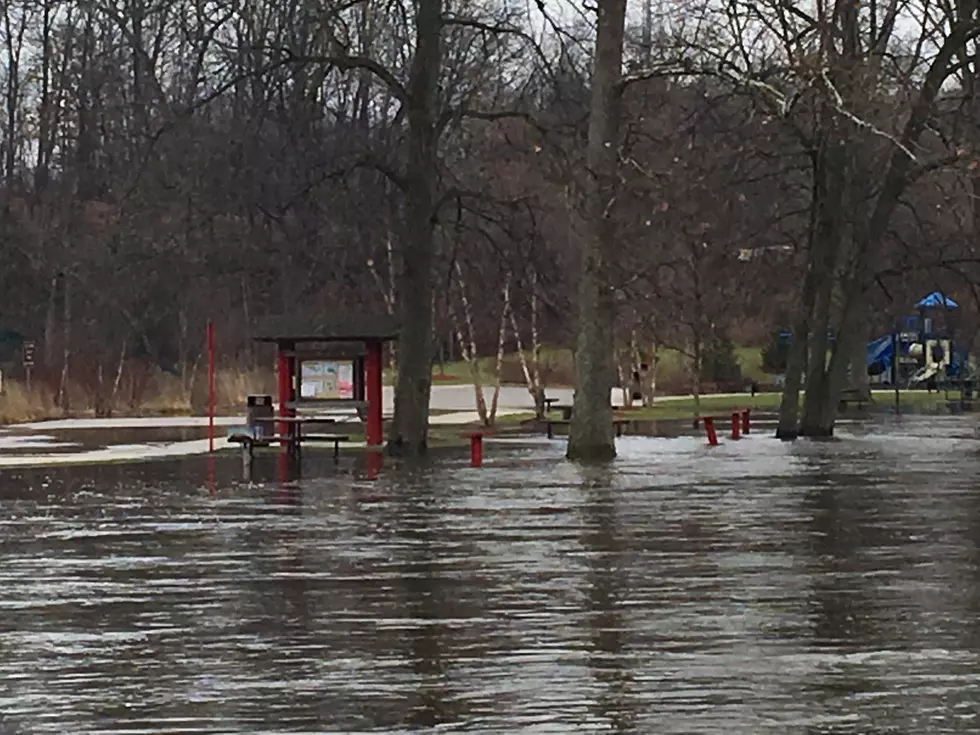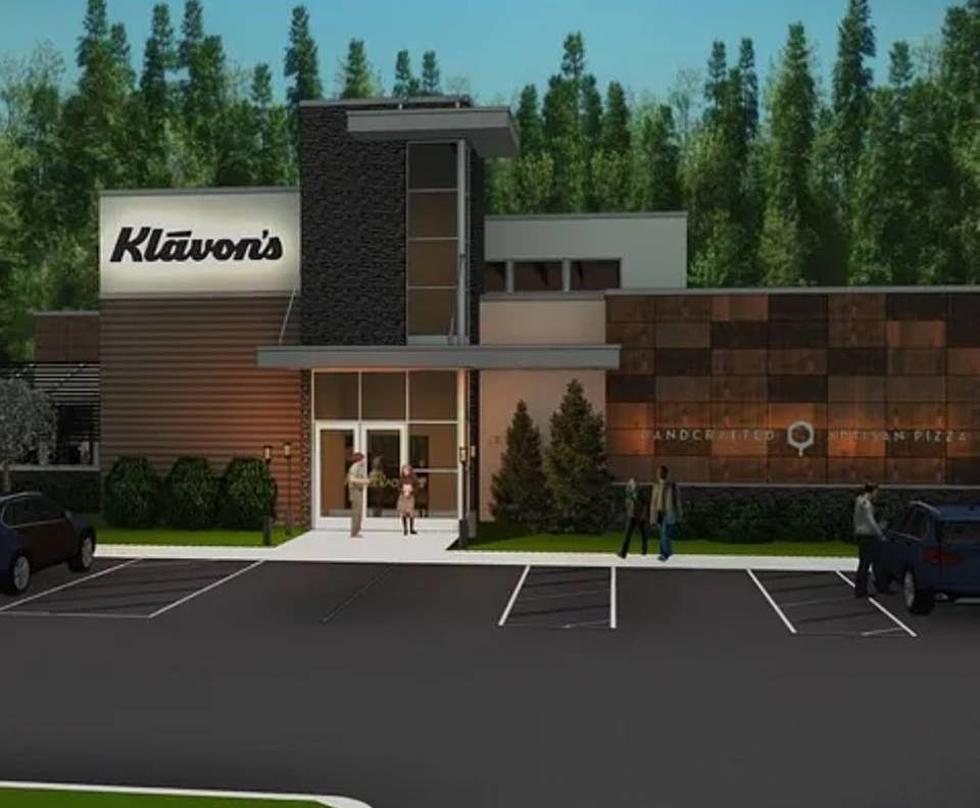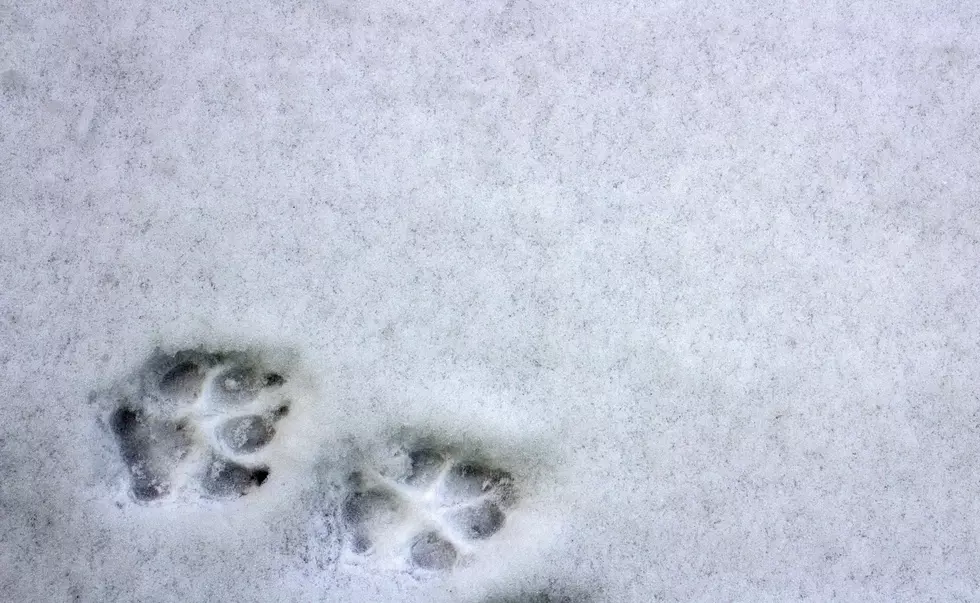
A Weekend Warm-up Could Mean Flooding
Michiganders know all about Jekyl-and-Hyde weather. After a week of wind chills down to 40 below, a warm-up is very welcome, right? Well, maybe not.
The federal government, FEMA, is warning that after a historic Arctic freeze across much of the Midwest, flooding concerns are suddenly the next threat from Mother Nature. With a possible temperature swing of 60 to 70 degrees in many areas by the weekend, the risks of flooding from snow melt, ice jams and water run-off are very real. And those risks will remain a threat as we get closer to the warmer months of Spring.
Battle Creek set record low temperatures down to -18 this week. Sunday could see temps in the upper 40's---a swing of about 65 degrees in just a couple of days.
“While we are in the middle of the winter season and cold temperatures are on our minds, it’s important to remember that the rapid change in weather and snow melt could lead to dangerous flooding,” said James K. Joseph, FEMA Region V Administrator. “It’s important for individuals to monitor their local forecast closely and always heed the direction of local officials to stay safe when hazardous weather conditions exist.”
Take precautions to protect your home:
- Clear snow piles away from your foundation to prevent water seepage indoors when the snow melts.
- Inspect your basement and foundation walls now. Close any foundation cracks with mortar and masonry caulk or hydraulic cement, which expands and fills gaps completely. Seal walls in your basement with waterproofing compounds, making sure floor drains are free of obstructions.
- Remove ice and snow from your home's drains and gutters and be sure downspouts extend at least two to three feet away from your house. Prevent surface flooding by making sure sewer and stormwater drains are also clear of snow and ice.
- Consider a sump pump for your basement. Sump pumps propel groundwater away from your home and can be an excellent defense against basement seepage and flooding. Choose a battery-operated sump pump in case the power goes out.
- Install backflow valves. Have a licensed plumber install sewer backflow valves for all pipes entering the building to prevent floodwater and wastewater from backing up into your home through toilets, sinks and other drains.
- Contact your insurance agent and make sure you’re properly covered. Most homeowner’s insurance policies don’t cover flood damage and sewer back-up coverage is often an add-on coverage to a homeowner’s policy. Talk to your agent about what policies you may need to financially protect your home.
You can find more information and tips on being ready for the dangers of flooding at www.ready.gov/flood and learn more about your flood insurance options by visiting www.floodsmart.gov.
More From 1240 WJIM AM









